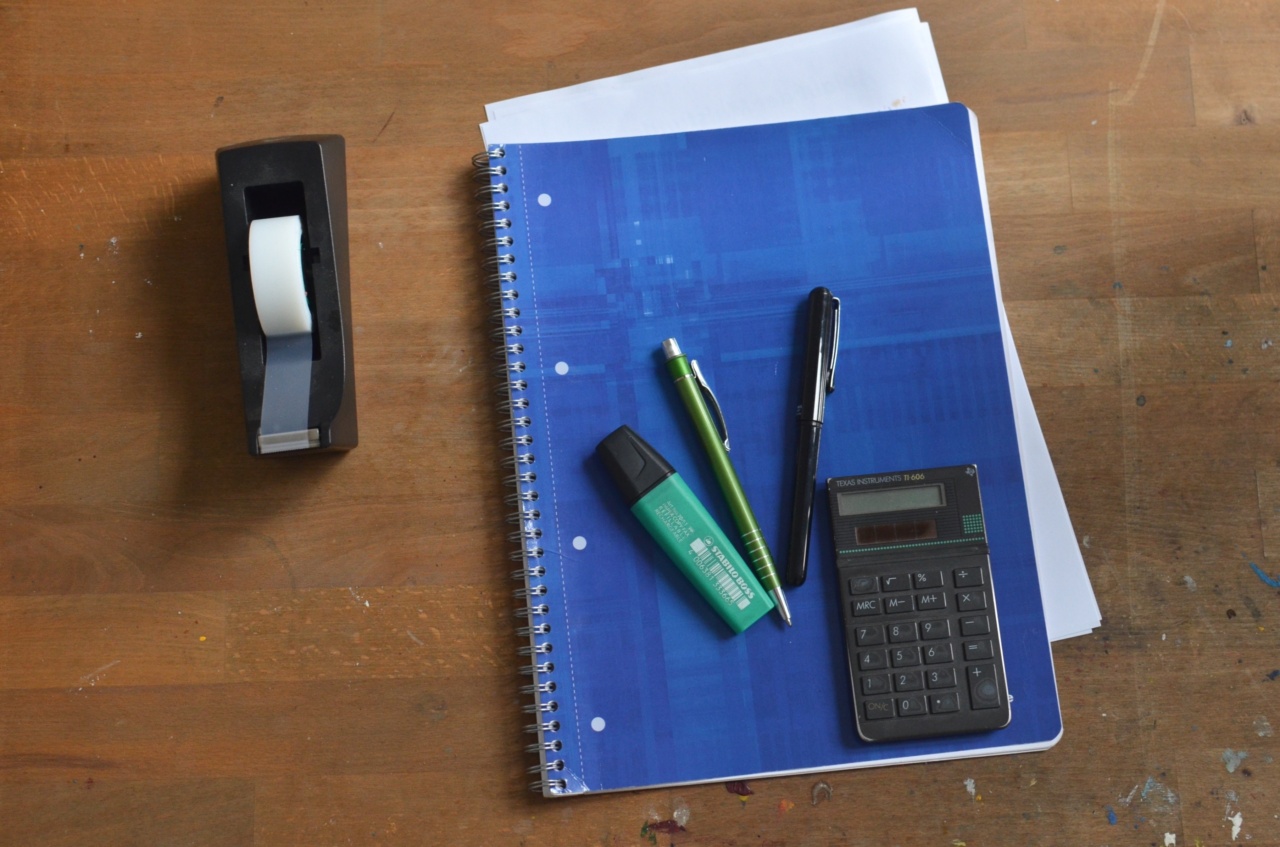Working can be demanding and there are times when employees may become nauseated or experience motion sickness.
This is especially true for those who work in industrial or construction sites where there is a lot of movement or in jobs that require prolonged periods of screen time. Here are some tips to help you cope with nausea and movement sickness while at work.
Understanding Nausea and Movement Sickness
Nausea is a feeling of unease in the stomach that is accompanied by an urge to vomit. This can be caused by many factors such as certain foods, medication, hormonal changes, and stress among others.
On the other hand, movement sickness is a condition where the brain receives conflicting messages about movement from the eyes, ears, and body. This is usually triggered by motion such as being in a moving vehicle or watching a screen for long periods.
Eating Habits
What you eat and drink can help alleviate or worsen nausea. Foods that are high in fat, acidic or spicy can trigger nausea. If you are prone to nausea, it is essential to avoid these foods. Instead, stick to bland meals such as toast, plain pasta, or rice.
Additionally, drink cold beverages such as water or ginger ale that are known to reduce nausea and stay hydrated throughout the day.
Take Breaks
If you are prone to motion sickness or have a job that involves motion, it is essential to take breaks frequently. This can give your body a chance to adjust and reduce the symptoms of motion sickness.
Standing up and moving around can also help to alleviate nausea.
Avoid Screen Time
Whether it is a computer screen, tablet or a mobile phone, prolonged screen time can lead to headache, dizziness, and nausea.
While it may be difficult to avoid screens entirely, it is essential to take regular breaks after every 20 minutes of screen time. Look away from the screen and focus on an object in the distance to reduce eye strain. This can help you reduce symptoms of nausea and prevent motion sickness caused by digital screens.
Mindful Breathing
Mindful breathing is an exercise that involves slow and deep breathing. This technique is known to reduce stress and anxiety, which can trigger nausea.
By taking deep and slow breaths, you can calm your mind, regulate your body and alleviate nausea symptoms. Take a deep breath through your nose, hold for a few seconds, and exhale through your mouth for better results.
Bring Medication
If you are prone to nausea and motion sickness, it is a good idea to bring medication that can help alleviate symptoms. There are many over-the-counter medications such as Dramamine that can relieve nausea and motion sickness.
Speak with your doctor or pharmacist before selecting a medication to ensure it is safe for you and will not conflict with any current medication you are taking.
Get Proper Sleep
Sleep is essential to overall health. A lack of sleep can lead to stress and anxiety, which can trigger nausea and other symptoms of motion sickness. Get at least 7-8 hours of sleep every night to promote your physical and mental well-being.
Additionally, if you have a job that requires prolonged stationary positions, ensure you get up and stretch every hour to prevent dizziness and nausea.
Avoid Strong Smells
Strong smells such as cigarette smoke, gasoline, or cleaning products can trigger nausea. If you are sensitive to smells, wear a mask or avoid areas with strong odors. Additionally, avoid perfumes, colognes, or deodorants that are too strong.
Opt for mild scents that don’t affect your mood or trigger nausea.
Hygiene
Good hygiene is critical in preventing the spread of disease and infection. Ensure you wash your hands thoroughly and regularly. Avoid touching your face or mouth to prevent germs from entering your system.
If you are prone to nausea, carry hand sanitizer with you and use it regularly.
Conclusion
There are many factors that can cause nausea and motion sickness. It is essential to identify the triggers and take steps to alleviate symptoms.
Eating healthy, taking breaks, avoiding strong smells, and mindful breathing can all help reduce nausea and prevent motion sickness. Additionally, speak with your doctor if you experience persistent nausea or other symptoms of motion sickness.































